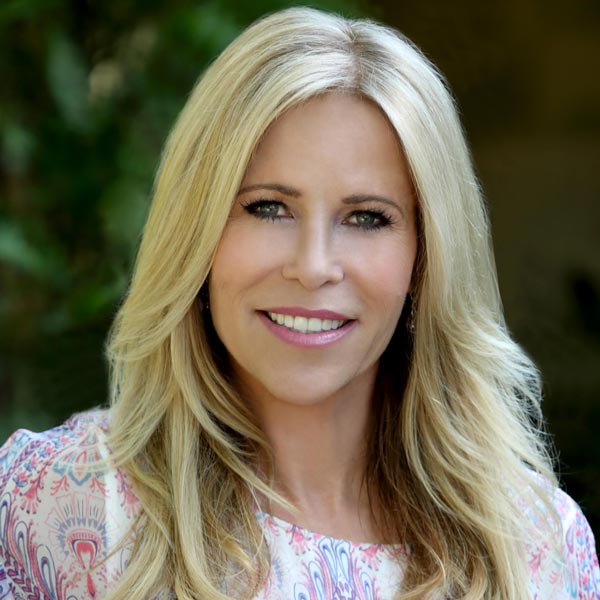I once had therapists, a husband and wife team, who accused me of being overly optimistic. At the time, I didn’t think there was such a thing. Without even realizing it, I functioned moment by moment by looking at the bright side of everything and everyone. When life brought lemons, I made lemonade. Seems I’ve always had this attitude, even after or during the many traumatic experiences I’ve had.
Those therapists believed in only exploring negative emotions. They had a list on the wall of 20 or so feelings such as not valued, disregarded, abused, and not listened to. For the 10 years my ex-husband and I went to them, we shared with each other only negative feelings.
Perhaps because I’m female and females have a larger emotional center in their brains than males, it was easier for me to express myself by making statements like, “I feel disregarded.” However, my ex-husband often had difficulty getting past hearing such statements. He would be triggered by my negativity, whereupon we would get stuck debating my feelings.
When we would get home from therapy, which we went to for seven years, I could feel an underlying silent anger and resentment from him. He would then go off to work, and I would continue, as per the instructions from our therapists, to look for my next negative feeling. In the end, we couldn’t find anything positive about our relationship. We grew weary of focusing on what wasn’t working and stopped communicating altogether.
They say once communication stops, the relationship is over. This was the case for us. It was the result and risk of life without positivity, what the current popular trend called positive psychology is. After my divorce, I jumped right back into positive optimistic thinking and let all of my negative feelings take a backseat. I did a complete 180.
My next relationship was with a man who was overly optimistic. He was the opposite of my ex who was pessimistic. Tom lifted me up with his words and joy for having fun. Jim made me feel small and inadequate with his constant put downs, name calling, and anger. The truth is neither of these men worked for me. One needed to be high and happy all the time and drank and socialized to keep that reality going for him. The other needed to overwork and be stressed so he could remain on the edge of anger and misery. I left them both.
In seeking to find balance and personal truth, I pursued a ten-year training in kundalini yoga, which has been referred to as the yoga of awareness and the most spiritual form of yoga. It was during this training I learned the value of both the negative and the positive. To the yogis, the goal is equanimity or neutrality, not positivity or negativity.
Learning to embrace both was the goal. I learned how to sit still and be in either state, and value both. I wasn’t forcing one or the other; the practice was about the pursuit of truth. My truth, the good, the bad, and sometimes, the ugly.
The pervasive “be positive” trend of today will always swing us into periods of doubt and confusion. After making a valiant effort to think the right things, say the right things, and visualize the right things and then things don’t change, we can find ourselves thinking, “I must be doing something wrong” or “There’s something wrong with me.”
That’s because we’re just not as powerful as proponents of this trend want us to believe. We can’t have anything or everything by merely setting our minds and visualizing what we want or thinking positively about it coming true.
The simple fact is we don’t change like we want or as fast as we wish. Bad things remain and happen which are entirely out of our control. Thinking positively helps fuel our desire to improve, but it can’t change a situation or another person. In life, there are always going to be positives and negatives. Being able to live among both and not become polarized one way or the other is what wellbeing is all about.
Wellbeing is having the ability to acknowledge, feel, and discern whether to keep or release negative thoughts, emotions, and actions. Being able to hold positive thoughts, visualizations, and a range of emotions while thinking about our actions and their effect on us and others help us achieve that feeling of harmony, balance, and equanimity we so desperately crave.
It’s OK to have positive mantras such as, “God has a plan” or “There’s a lesson here for me,” or “Challenges help me grow,” and, at the same time or space, allow yourself to say, “God grant me the serenity to accept the things I cannot change.” The goal is to exist in truth. In what’s negative and positive. And sleep at night in your reality while still looking forward to what a new day can bring.
No one ever said this ride was going to be easy. Or altogether terrible either. But what it can be is interesting, meaningful, and enjoyable, much of the time. Especially when we can accept that there will be good days and not so good days — for everyone.
If you would like to learn more about how to improve your life through an approach of feeding the whole person, body, soul, and spirit, follow me on my blog, Facebook, Instagram, YouTube, and LinkedIn, and Medium. If you would like to work with me, schedule a session today.

Tonyah Dee has studied the Bible and wisdom traditions of the world for the last 30 years and teaches about finding ways to increase inner strength, stability, and confidence through practicing spiritual disciplines and healthy habits daily. Tonyah is a nutritionist, registered dietitian (R.D.), and earned her B.S. from Loma Linda University. She also holds certifications in Christ-centered life coaching, and meditation. Tonyah has been published in Scary Mommy, MSN, The Mighty, Mantra Wellness, CoveyClub, Thrive Global. Follow Tonyah on her blog, Facebook, Instagram, YouTube, LinkedIn, and Medium.

